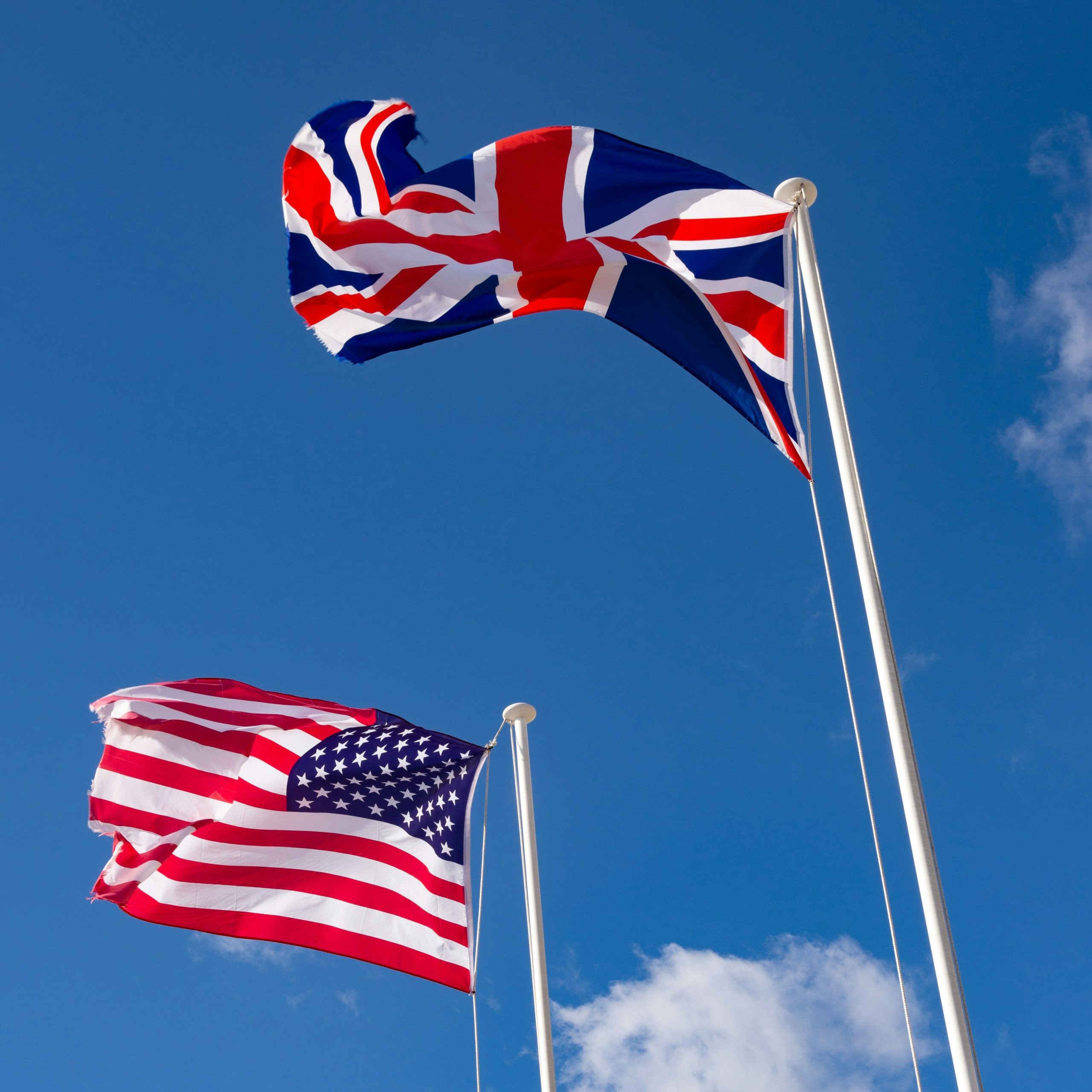
The UK-USA trade agreement is a “damage limitation exercise” according to a leading trade expert, offering targeted relief for key industries but leaving more questions than answers.
David Hooper, Managing Director of Hooper & Co International Trade Consultancy in Nuneaton, said the deal provides some welcome developments for steel, aluminium and automotive exporters but failed to resolve key issues.
Notable elements of the agreement included the removal of 25% US tariffs on UK steel and aluminium, largely restoring pre-2025 trading conditions.
There is also a reduction in car tariffs from 27.5% to 10% for up to 100,000 UK-built vehicles annually, which David says is in line with current export levels, ultimately restricting growth.
“Steel and aluminium exporters will breathe a sigh of relief, and the automotive sector gets some headroom – but the 100,000-vehicle quota is a ceiling, not a growth opportunity.
“This deal is certainly better than the alternative – but it’s still worse than six months ago and the lack of clarity on auto parts and services is a real concern,” he said.
The government claims the deal will strengthen trade ties with the UK’s largest single trading partner, but with final details still to be published, David urged caution to businesses when assessing the headline announcements.
Despite the announcement, many UK goods remain subject to the 10% baseline US tariff introduced in April.
David added that businesses should begin reviewing their supply chains, confirm UK origin status for affected goods, and prepare for further announcements once the final agreement text is published.
“Businesses now face a period of uncertainty. Key issues such as digital services tax disputes, the treatment of auto parts, and implementation mechanisms remain unresolved,” said David.
“The services sector is notably absent from the deal, beyond a general commitment to “deepen the partnership”.
“Benefits will only apply to products that meet UK origin requirements, making accurate certification essential, and auto exporters must consider how to allocate exports within the new vehicle quota, while suppliers await clarity on parts.
“With the full legal text still to come, we are advising companies to monitor developments closely, assess their exposure to tariffs against global competitors, and continue to review their US trade strategy in light of the revised structure.”
The announcement also touched on sectors such as pharmaceuticals and agriculture.
“In life sciences, the UK government has secured what it describes as “vital assurances” but without specifics, this could be seen as protection against potential future tariffs rather than any immediate advantage,” said David.
“Agriculture is one area where more concrete commitments have been made. UK farmers will gain tariff-free access to the US market for up to 13,000 metric tonnes of beef under a new quota, while the US will see increased opportunities to export beef to the UK.”
Additionally, UK food safety and animal welfare standards have been maintained, which David said is an important factor in preserving access to EU markets.
“UK businesses need to scrutinise the detail, particularly rules of origin, quota limits and the sectors missing from today’s headlines,” David said.
“There’s more work to do to assess where this deal leaves us compared to our global competitors.”
Hooper & Co is also advising clients to check current US-bound product classifications, and get ready for changes to origin documentation and quota administration.